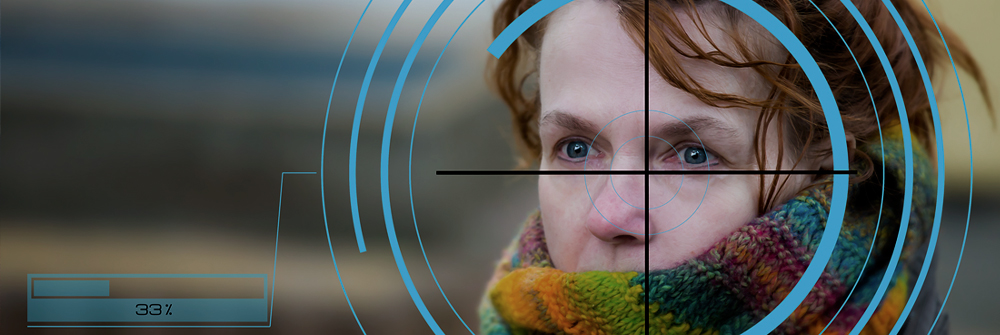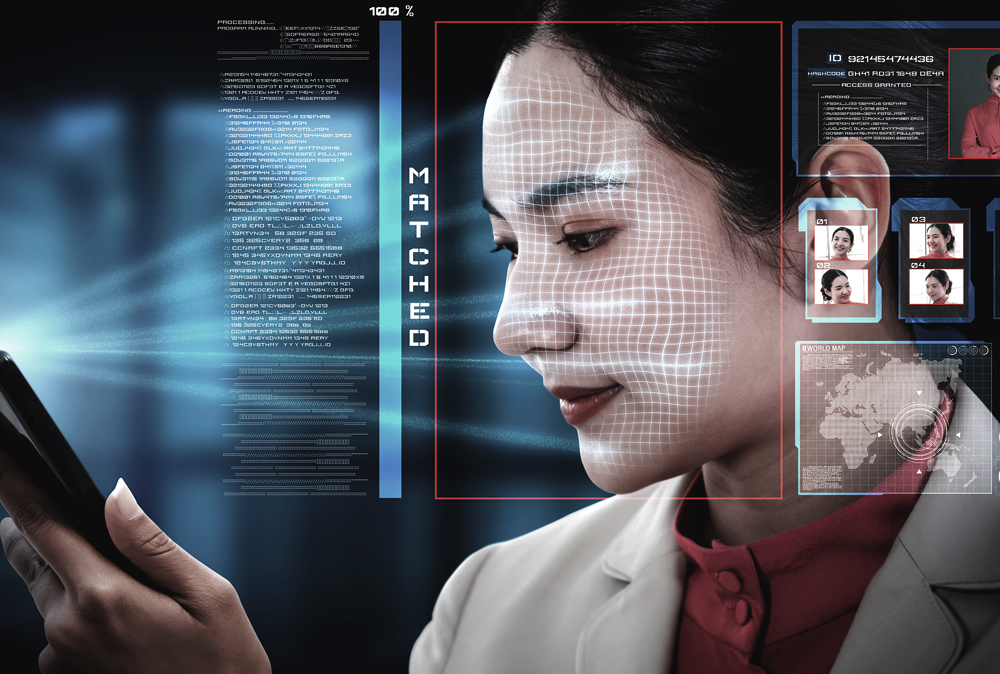
Nigeria blocks millions of phones for not being linked to a national id number
4 April, 2022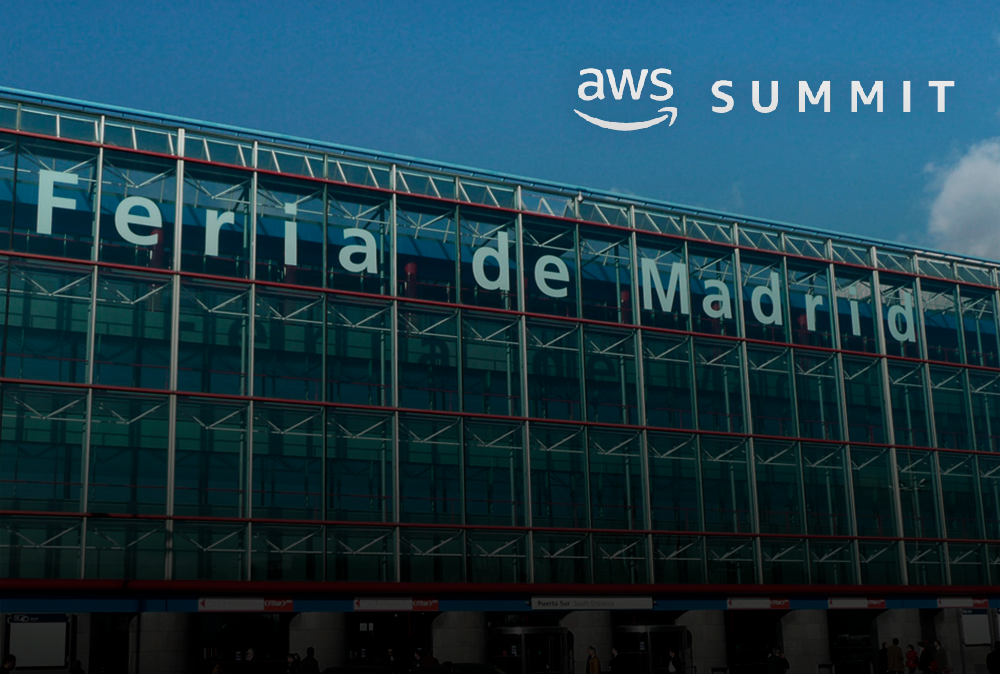
AWS Summit Madrid 2022. How slave technological companies work
25 April, 2022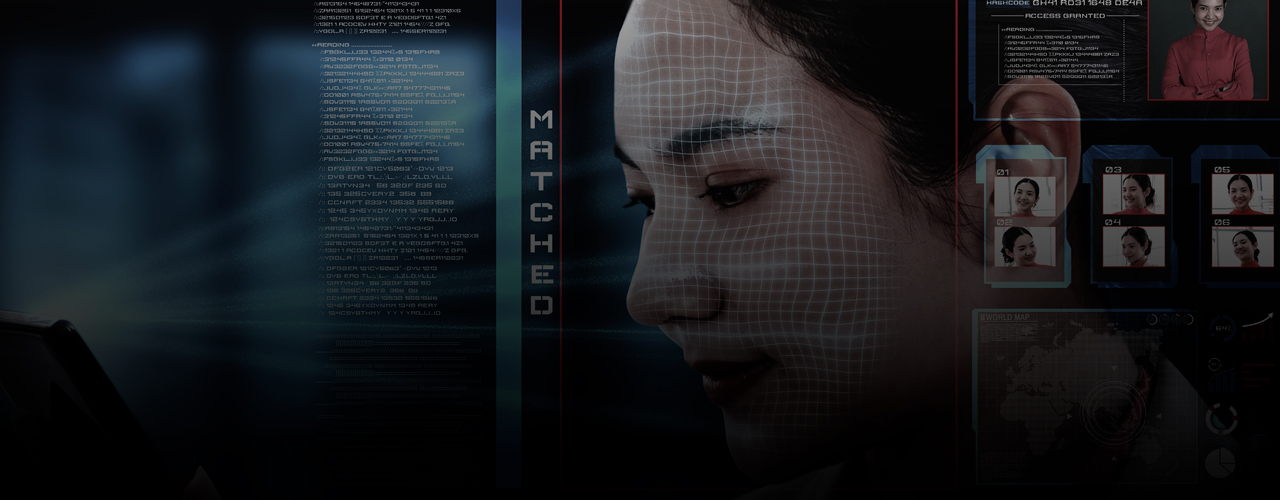
12 April, 2022
In response to the need for greater control by citizens, the concept of identity is being redefined nowadays. In the global context of digital transformation that we are experiencing, this claim makes sense, as there are more and more services to which we provide personal information. In the meantime, companies and governments need to implement secure identity management options that reinforce user confidence. Good digital identification is vital for inclusion, as it would facilitate access to services (financial, educational, etc.) for millions of people on the margins of the digital ecosystem and save costs for developing countries.
Traditional personal identification systems are obsolete. Presenting an ID card, passport or paycheck is still a way of revealing a large amount of unnecessary data and losing control over it. The difficulties multiply on the Internet when we open specific user accounts for each service. Our information is at the mercy of any company who processes the data, a utility provider or a social network, not to mention how bothersome it is to repeat the same identification processes over and over again.
New proposals for digital identification systems seek to simplify procedures for proving and protecting our identity. Institutions and companies are looking for centralized or self-managed models in which individuals can manage their identity attributes freely and accurately.
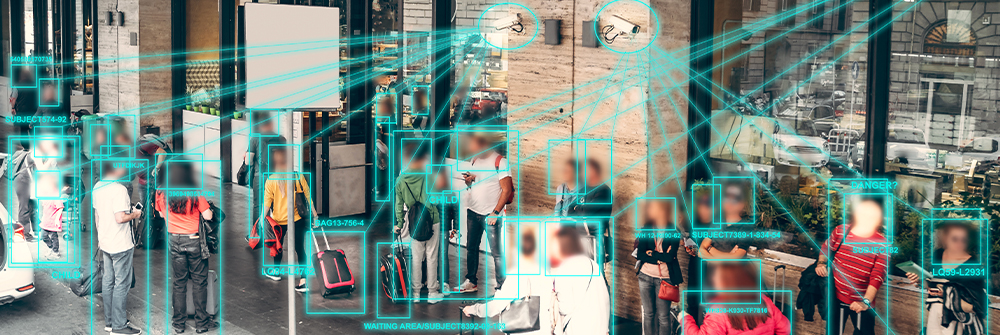
The National Institute of Standards and Technology (NIST) states that "a digital identity is always unique in the context of a service but does not necessarily uniquely identify the subject in all contexts. Accessing a digital service does not imply that the real-life identity of the subject is known." For instance, when we register on Twitter we provide a series of information that may differ greatly from what we reflect, for example, when we register on a job search portal. The two profiles belong to the same individual but, since they depend on the context, draw two different identities, and also, do not define who the person is in their life offline. That is why there is talk in some institutions of shifting the focus to a single identity, rather than a different one for each service, that we can carry on our cell phone, and which would allow total flexibility in the management of each attribute.
In support of these claims, ID Wallets app has appeared, more convenient and practical than electronic ID cards or digital certificates. These applications offer the possibility of storing and sharing all kinds of information related to our identity on a smartphone. Credentials can be easily verified by third parties always with our consent and without the fear of being manipulated. The key is that users can choose exactly which aspects of their identity they want to share each time. The information a merchant needs to sell alcohol is not the same as the information requested by a landlord who wants to rent us a house. With just our phone number or a QR code, we will be able to prove who we are and at the same time protect our privacy, as we will only share the strictly necessary attributes such as our date of birth or our economic solvency ranking.
ID Wallets will offer a wide range of possibilities and will ease the relationship between administrations and citizens, who will be able to use them to remind them of medical appointments or tax payments. Communication will be fast, permanent and transparent. We will have the possibility of verifying our identity to access a public building or participate in a voting process, at any time. They will be a very useful tool for the protection of minors, who will not be able to access unauthorized activities, and against fraud and identity theft. Or will they not?

There are several initiatives around the world to implement ID Wallets. The European Union wants to do the same in an attempt to unify the identification system for its citizens so that they can use their credentials easily and securely in any of the member states. It vows to save costs and preserve the reputation of the institutions, all within a solid regulatory framework known as eIDAS 2.0. This regulation is a variation on the original eIDAS, from 2014, which was born out of a need to establish a common legal framework for trust services and electronic identification means in the EU. Meanwhile, the entire regulation of the European project pivots on what has been defined as "self-sovereign identity". According to the European program, this concept implies that administrations will not intervene in the management of our identities. It is at this point where we should stop and analyze to what extent we should trust this proposal, as we are all too familiar with the tendency of the globalist class to pervert terms and disguise their desire for control as honest and disinterested philanthropy.
There is more than enough reason to be afraid. Just read between the lines in Ursula von der Leyen's words, in her State of the Union speech in September 2020: "The Commission will propose a secure European electronic identity. An identity that we trust and that every citizen can use everywhere in Europe for everything, from paying taxes to renting a bicycle. A technology that allows us to control what data is used and how". Crystal clear. The European digital wallet, as is being condemned from various fronts, could be a weapon designed to undermine our freedoms and direct that "self-sovereignty", which would not be such. A totalitarian plan that finds a prelude in the passports and covid applications, which from the highest sphere have tried to be imposed on us during the last two years. The preceding step of a digital infrastructure that controls the flow of information.
Parliament member Freek Jansen, criticized before the Dutch parliament these moves of the European technocracy in a powerful speech. Jansen emphasized the ultimate loss of anonymity on the Internet. Large companies and governments could track our credentials stored in these digital wallets and handle all this valuable information at will. Our payment details or medical history would be exposed to all institutions, which would reserve the right to modify access conditions to official services. This is the next chapter in what we have already seen with the dictatorship of the covid passports, an imposition that has tried to destroy the social life of those who have not bowed down to the regime by means of QR. The Dutch politician warns that freedom conditioned by "good behavior" is the spearhead of the globalist agenda, rearming itself with the digital identity wallet proposal, after seemingly backtracking on the covid passes, only because they proved to be profoundly useless for their purposes.
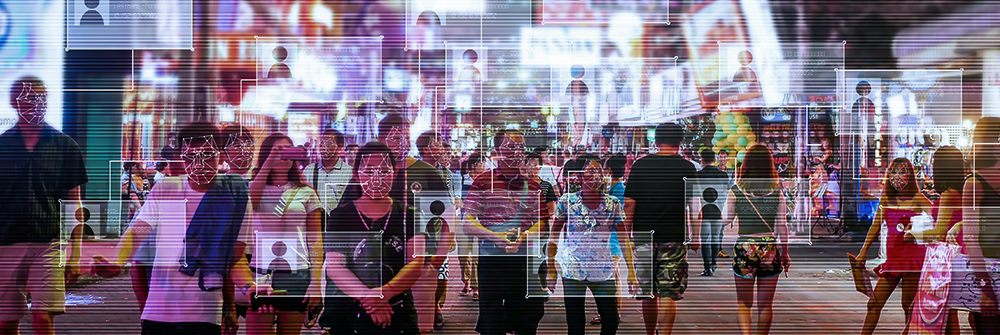
China is another one of those territories who is trying to adopt similar digital identification systems. In fact, they have been conducting trials in several of their major cities since 2018 and are already preparing to implement them nationwide. The Chinese government intends for citizens to have access to a multitude of services through a single channel, which would store the information needed to verify their identity and complete transactions in person or remotely.
The United Kingdom and some states such as Arizona, are preparing their own single digital identity plans. Only time will tell to what extent these wallets underpin our rights or if they are the Trojan horse of a new hyper-monitored society.
